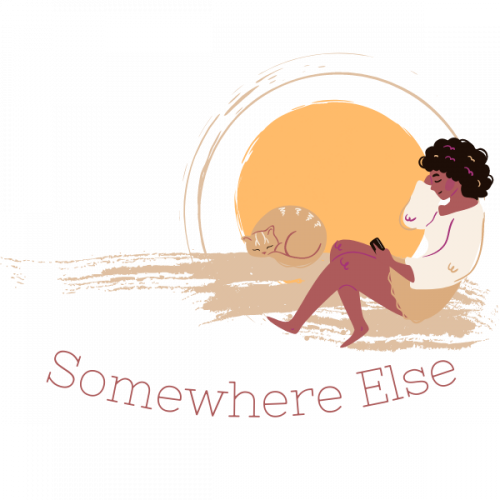
For those of us with personal needs to cover, taking a personal loan is inevitable. However, going for a loan is a major borrowing decision that intimidates first-time borrowers. Potential pitfalls litter the loan journey.
There are several things to predict whether personal loans are suitable for us. Besides, we should also determine which lender is the best. Let’s dive in and unearth the crucial tips to consider before making a loan decision.
Credit Score and History
The primary metric that lenders use to assign loans is our credit scores. Credit ratings showcase how risky a borrower we are. It also informs the lender of the interest rate they should charge before lending. The final decision of whether to lend or not comes down to the nature of our credit ratings. These credit scores are also taken into account when applying for a home loan. That being the case, a Certified Mortgage Broker can be of great assistance and may be able to advise you on how to improve your credit rating, which is especially important for those with bad credit.
The higher our scores, the more likely our loans can be approved. The said loan will also attract favorable interest rates. Before borrowing, we need to assess our credit reports and critically examine the credit scores. The things that hurt our credit ratings include maxed out credit cards, defaulted previous loans, getting a judgment, late repayment, high credit balances, and home foreclosure.
It’s important to keep an eye on your credit rating because you want it to be as accurate as possible. If it’s not, it is very likely that false information is being published and this could hinder your finances. So, to ensure that this doesn’t happen and you can take out a loan as and when you need, thinking about hiring a credit report lawyer to dispute your credit report and to right any wrongs could be more valuable than you think. As when all of your records are correct, your name will be protected, thus making you more likely to be accepted for loans.
Assets and Liabilities
Our net-worth plays a significant role in determining the amount and approval of loans. Lenders probe assets and liabilities to find out what we are worth. Assets are things of economic value that we own.
It can range from properties to investment accounts. On the other hand, liabilities are our obligations like mortgages and auto loans. There’s no way a lender can hand out colossal amounts to individuals with insignificant assets. People tend to invest in assets in the hopes of reaping a profit later on. It could be land, property, cars, or anything else. A person only invests in something to gain some benefit, whether monetary or emotional. However, it can become a liability if there is no direct link between revenues and costs, and the costs are systematically allocated among the periods benefited.
Income
Personal loan applications always require proof of income. Our monthly/weekly take-home is used as a yardstick to measure our ability to repay a debt. Employees need a salary letter or W-2 forms, while self-employed individuals must avail the tax returns of previous years.
Before applying for a personal loan from our nearest finance company (look at this website to locate one), we should inspect our monthly incomes and determine whether we can comfortably repay. It doesn’t need to be the primary income only. We can add up alternative streams like freelance jobs, side hustles, and a spouse’s income.
Repayments
It might look obvious, but we need a concrete repayment plan even before applying for a loan. Always consider whether the loan will be serviced weekly, fortnightly, or monthly. Such factors determine which loan we should pursue. We should also be aware of our monthly debt obligation. It isn’t realistic to repay loans, yet we struggle to meet essential obligations like rent and mortgages.
Never Ignore the Terms
The most vital step when filling out a loan application is reading the fine print. The terms detail information such as the repayment period, monthly deduction, fees involved, interest rates, penalty fees, and other special conditions. The fine prints become legally binding once they are signed. Keep in mind; individuals cannot feign ignorance to loan terms if they are undersigned on their volition.
The Need for a Loan
Every personal loan we borrow from must have an intended purpose. Going into debt is a significant financial decision that shouldn’t be rushed. We need to spend enough time deliberating on whether we should incur debt or it is better to dig into our emergency funds. Are we borrowing to solve a need or a want? If it’s something that can wait, it’s advisable not to take a loan.
If put into good use, personal loans can be beneficial. They can be used to cover bills, home improvements, emergency costs, and moving expenses. By considering the above things, we can comfortably walk into any lender and make the right financial decision.
